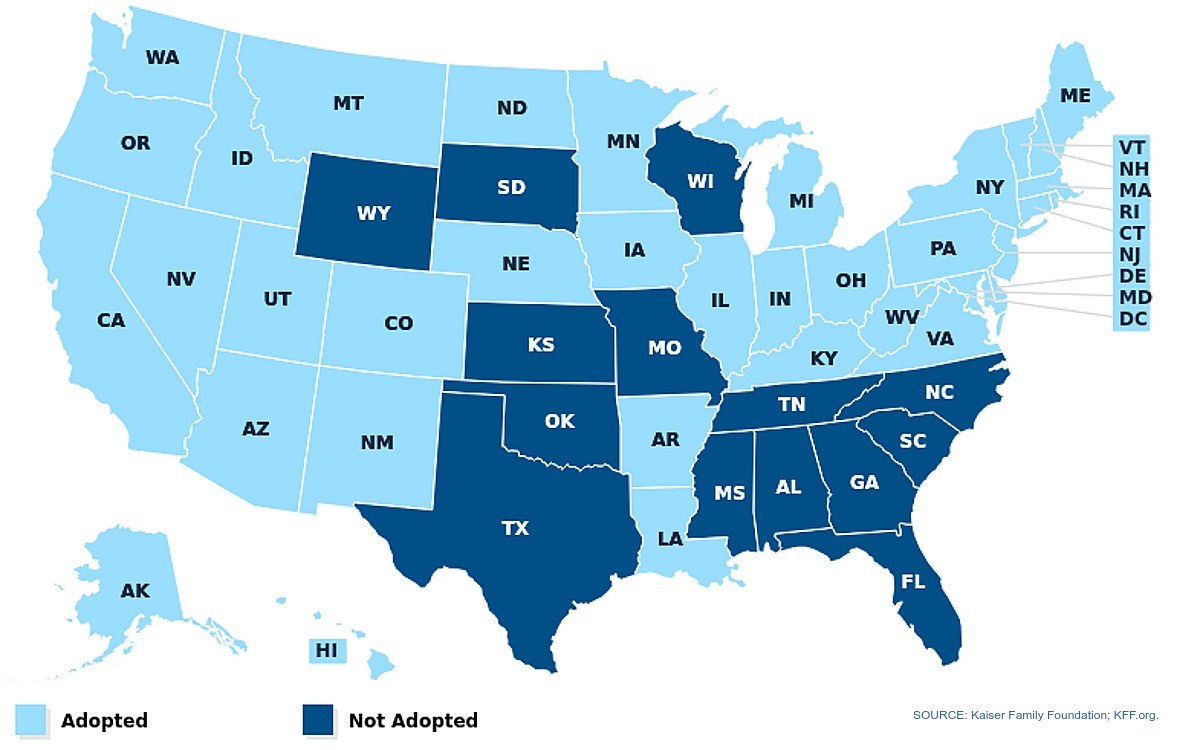By Brian Elmore, special to Charleston Currents | For every George Floyd and Tamir Rice, Breonna Taylor and Walter Scott, thousands of African-Americans and people of color die silently each year due to a lack of access to health care.
The disparities in mortality from COVID-19 in South Carolina have pulled back the curtain on health care inequities in South Carolina. According to data from the state Department of Health and Environmental Control, African-Americans account for 49 percent of deaths from COVID-19 in South Carolina, despite representing only 28 percent of the state’s population.
The causes of this striking disparity in mortality are plentiful. African-Americans are more likely to work in the types of essential jobs that put them in contact with potentially-infected individuals. African-Americans in South Carolina are also more likely to have the types of co-morbidities that place them at additional risk for severe cases of the virus. African-Americans in our state are more than twice as likely to die from diabetes as whites; heart disease and hypertension also disproportionately affect the African American population. Maternal mortality and infant mortality among African Americans in our state are among the highest in the nation.
These sobering statistics illustrate almost apartheid-like health outcomes between the haves and the have-nots, between those able to obtain health insurance and those who aren’t, and between communities replete with hospitals and doctors compared to those mainly rural, African-American communities without. These disparities reflect a historical lack of access to healthcare for South Carolina’s minorities. African-Americans are almost twice as likely to lack health insurance as whites.
But it does not have to be this way. Since 2013, our legislators have consistently refused to expand Medicaid, creating a gap of hundreds of thousands of people who have no realistic access to healthcare in our State. Individuals in this gap do not currently qualify for Medicaid, nor do they qualify for subsidies on the healthcare exchanges.
By expanding Medicaid, an additional 312,000 South Carolinians would gain access to health care, disproportionately African Americans and people of color. From 2014-2017, an estimated 15,600 deaths could have been avoided in states that did not expand Medicaid. During this time, over 700 South Carolinian lives would have been saved had our legislators been decent enough to pass a Medicaid expansion.
State legislators, such as S.C. Sen. Tom Davis, R-Beaufort, have argued that the cost of enacting a Medicaid expansion is too high. According to the S.C. Hospital Association, expanding Medicaid would have cost South Carolina an estimated $465 million since 2014. In that same time, the federal government would have contributed $11.7 billion towards the cost of expanding Medicaid, and would continue to fund 90 percent of the costs in the future. In many Medicaid-expansion states, such as Arkansas and Kentucky, the financial gains from increased health-care coverage offset the costs incurred by the states.
In effect, South Carolinians pay federal taxes to subsidize other state’s Medicaid expansion, while we miss out on the benefits. Failing to expand Medicaid is profoundly immoral and economically illogical.
Look at a map of the states which have refused to expand Medicaid, and you will see the rough contours of the old Confederacy. The historical legacy of racism, disenfranchisement and slavery in our state is reflected in modern times through this lack of access to health care.Ninety percent of individuals in this coverage gap live in the South, and African Americans are more than twice as likely to be in this gap than whites. By refusing to expand Medicaid, our state legislators have denied health care primarily to poor people of color. The Confederacy lives on.
Expanding Medicaid in our state will not solve these disparities—this will require the deliberate dismantling of the systemic racism inherent in our society, economy and health care system. It will require a health care system that guarantees universal access to medical care, regardless of ability to pay. But a Medicaid expansion can begin the process of chipping away at these disparities and will tangibly save South Carolinian lives.
In response to the alarming rates at which African-Americans in our state are dying from COVID-19, Brian Symmes, spokesman for S.C. Gov. Henry McMaster, “With regard to Medicaid expansion, I think that this simply isn’t the time to talk about politics like this.” If a pandemic that cruelly targets African Americans at alarming rates is not the time to discuss health care equity, then when is?
Brian Elmore, a medical student at MUSC, is founder of a student chapter of Physicians for Human Rights. He is from Florence.





 We Can Do Better, South Carolina!
We Can Do Better, South Carolina!
























